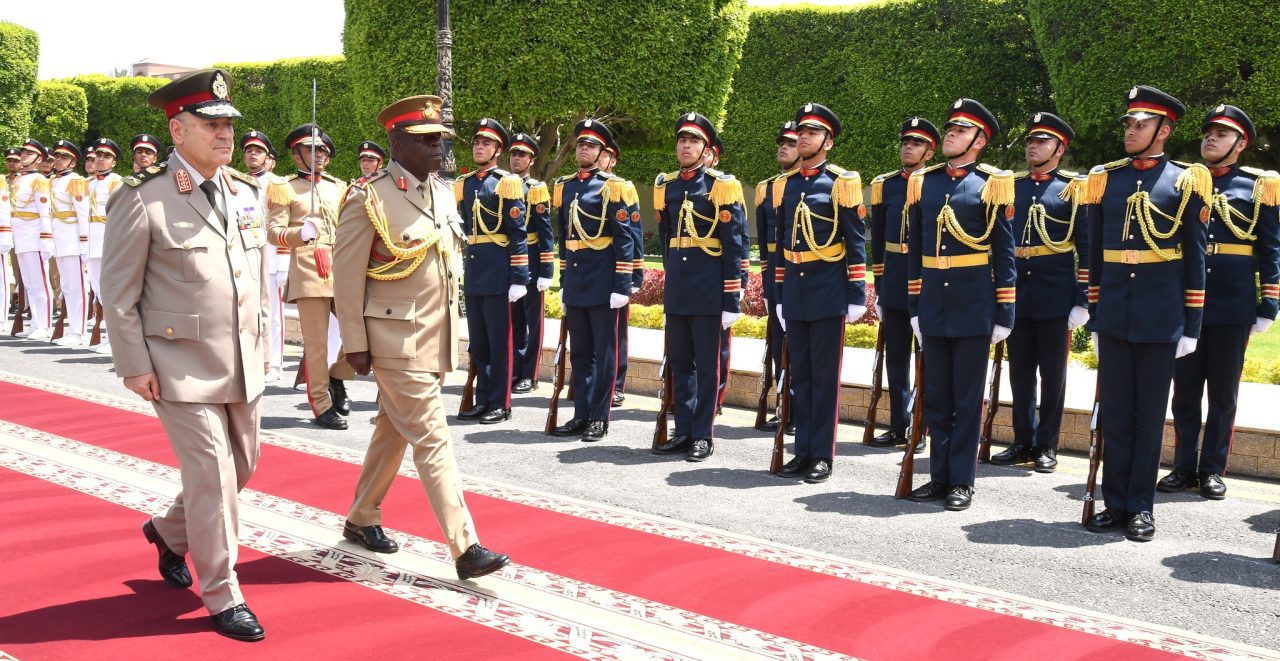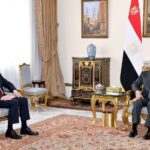Egypt and Malawi discuss boosting military cooperation – Dailynewsegypt


Egyptian and Malawian military leaders met on Tuesday to discuss strengthening cooperation between their armed forces. Lieutenant General Osama Askar, Chief of Staff of the Egyptian Armed Forces, hosted his Malawian counterpart, General Paul Valentino Phiri, and his delegation for an official visit.
The two sides held talks at the Egyptian Ministry of Defence, with military bands playing the national anthems of both countries. Discussions focused on various areas of military collaboration, aiming to build on the existing strong ties between the two African armed forces.
Lieutenant General Askar expressed pride in the longstanding partnership and looked forward to further collaboration. General Phiri, in turn, commended Cairo’s role in promoting peace and stability across Africa. Senior officers from both sides were also present at the meeting.
This visit underscores the growing partnership between the two African nations in security cooperation. Both countries share a vision for a more peaceful and stable African continent.
Egypt’s Expanding Military Partnerships in Africa
Cairo has been actively pursuing closer military ties with other African nations in recent years. In 2021, similar agreements were signed with Kenya, Sudan, Uganda, Burundi, and Rwanda. These collaborations encompass intelligence sharing, training exercises, and joint operations to combat regional threats.
In February 2020, the North African nation hosted a meeting of the Chiefs of Staff from the G5 Sahel countries (Chad, Burkina Faso, Mali, Mauritania, and Niger). This further exemplifies Egypt’s commitment to regional security cooperation.
Egypt has the strongest military in Africa, Algeria has the second-strongest military in the continents, and South Africa came in third.
Moreover, it is the 6th largest contributor of uniformed personnel to UN Peacekeeping, as the North African nation currently deploys more than 2,800 military and police personnel to the UN peace operations in Abyei, the Central African Republic, the Democratic Republic of the Congo, Mali, South Sudan, and the Western Sahara.






